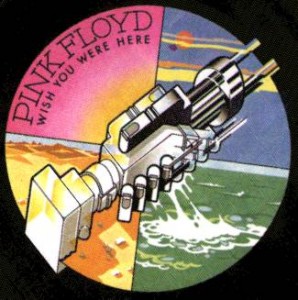 “I’ve just remembered the high point of my career. At the Cities In The Park Festival I was backstage wearing a pinwheel hat (look it up). I was obsessed with pinwheel hats, you see, and had written a piece for Punch about trying to buy a pinwheel hat in New York. As I strolled about, one of De La Soul suddenly gave out an mighty cry and ran up and embraced me. He was, perhaps needless to say, also wearing a pinwheel hat.”
“I’ve just remembered the high point of my career. At the Cities In The Park Festival I was backstage wearing a pinwheel hat (look it up). I was obsessed with pinwheel hats, you see, and had written a piece for Punch about trying to buy a pinwheel hat in New York. As I strolled about, one of De La Soul suddenly gave out an mighty cry and ran up and embraced me. He was, perhaps needless to say, also wearing a pinwheel hat.”
Alternative headline: “I refute it thus” (bah, yes, look that up too).

